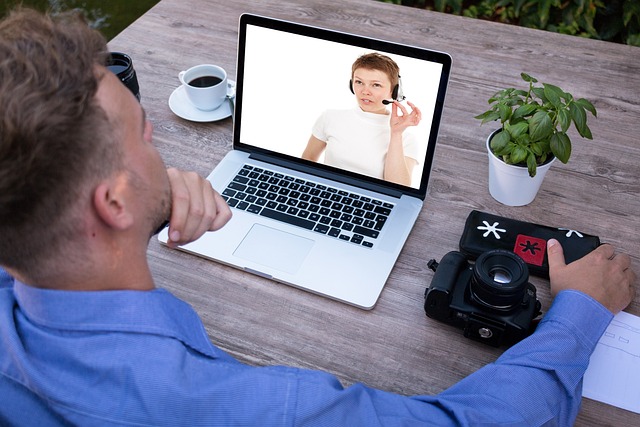In the dynamic landscape of modern education, the essence of learning has evolved significantly, with video communication emerging as a transformative force in the way we acquire knowledge. Online education has gained immense popularity, breaking geographical barriers and providing learners with unprecedented access to resources and expertise. However, at its core, the success of this online modality relies heavily on effective communication, particularly through video.
Video communication is not just a tool; it’s a bridge that connects educators and students in a virtual classroom. Unlike traditional methods that often feel impersonal, video allows for the infusion of personality and emotion into teaching. When a teacher’s passion is conveyed through facial expressions and tone, students are more likely to engage and absorb information. This dynamic interaction fosters an environment where knowledge building can thrive.
Moreover, video communication encourages collaboration among peers, essential for knowledge construction. Platforms facilitating video discussions enable learners to share their insights, ask questions, and receive immediate feedback. This real-time exchange mimics the spontaneity of face-to-face conversations, sparking more in-depth discussions and promoting critical thinking. In an online setting, students can connect with others from diverse backgrounds, enriching their learning experience through shared perspectives.
The versatility of video in education is another vital aspect. Educators can create a variety of content, from recorded lectures to interactive tutorials, providing students with options that suit their learning styles. For instance, visual learners may benefit from engaging animations, while auditory learners thrive in discussions and podcasts. This adaptability ensures that all students find pathways to success, reinforcing the notion that education is not one-size-fits-all.
Furthermore, the rise of platforms dedicated to online education has revolutionized how we access knowledge. Whether it’s a live webinar, an online course, or a recorded lesson, video communication enriches the experience. Instead of merely reading textbooks or static online articles, students immerse themselves in guided tutorials and interactive sessions. This not only enhances understanding but also promotes retention, as learners are more likely to remember information presented in a captivating format.
In an age where attention spans are shorter than ever, the ability to hold a student’s focus is crucial. Video communication, with its compelling visuals and dynamic audio, offers the excitement and engagement that traditional methods often lack. It turns abstract concepts into relatable lessons, making learning feel relevant and practical.
Ultimately, the combination of online education and video communication signifies a paradigm shift in how we perceive knowledge building. It empowers individuals to learn at their own pace, fostering a sense of ownership and independence in their educational journeys. With video as a cornerstone of this transformation, we are not just changing the way we teach – we are redefining the future of learning, making it more inclusive, accessible, and, most importantly, engaging.




